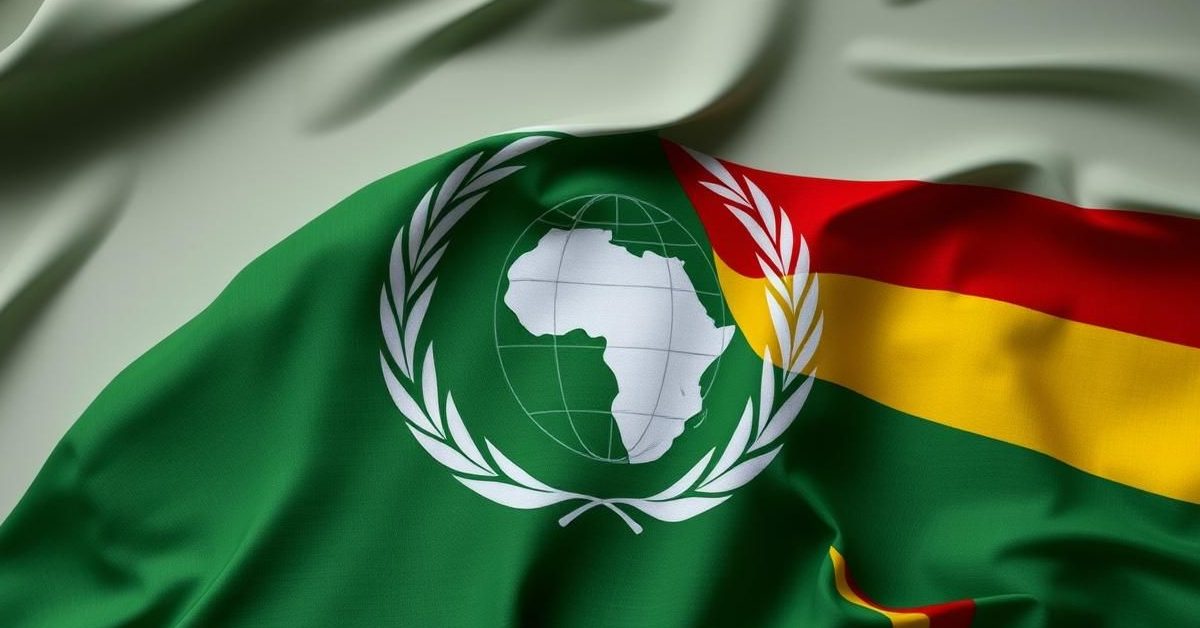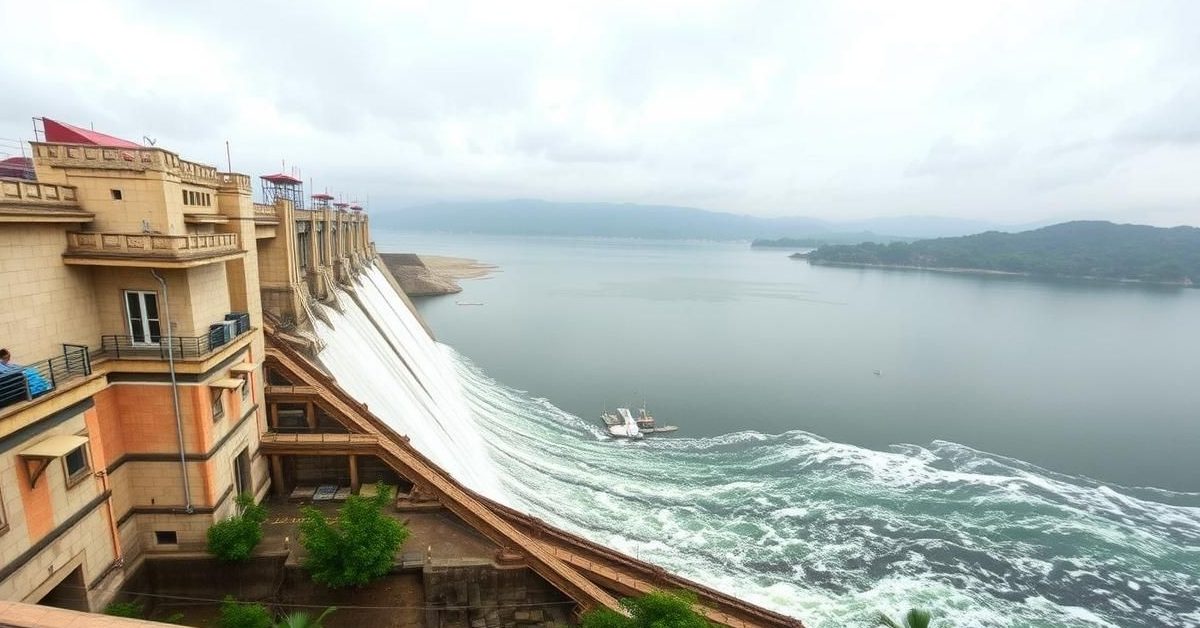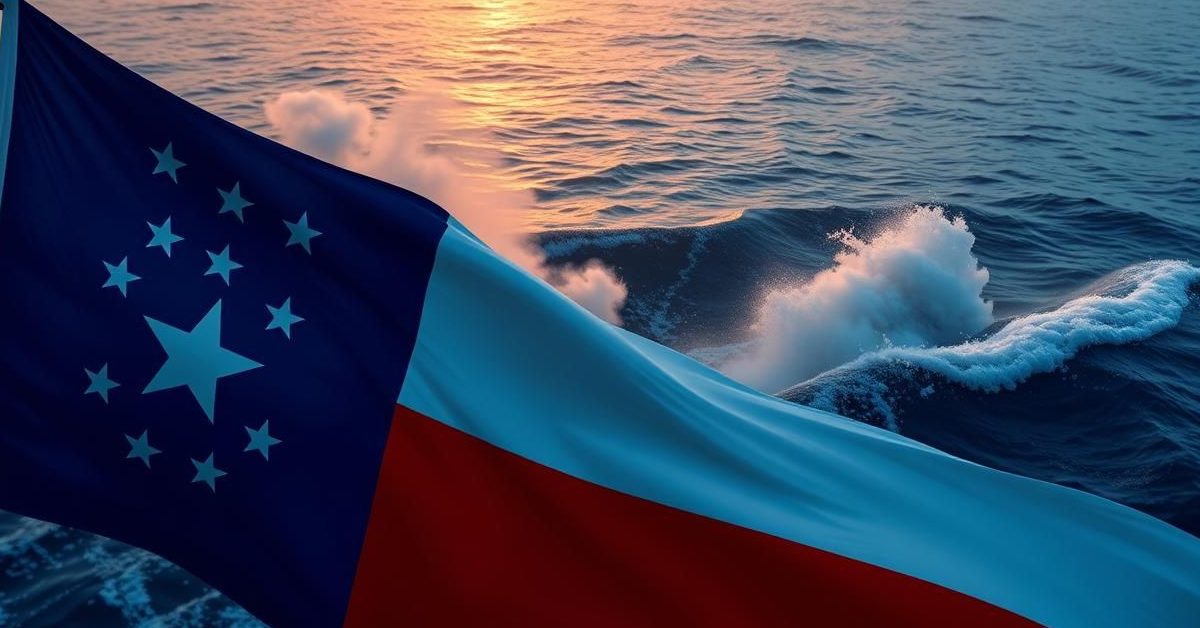Global dynamics are in flux, as new US trade tariffs challenge India’s economic strategy, Myanmar’s junta signals a shift towards elections, and India grapples with the effectiveness of its anti-defection laws and the historical impact of linguistic state divisions.
New Tariffs Threaten India-US Trade
The US, under former President Donald Trump, has announced a 25% tariff on Indian goods starting August 1, along with an unspecified “penalty” for India’s defence and energy imports from Russia. This move has disrupted India’s expectations for a bilateral trade deal, including anticipated preferential tariffs compared to China.
India aims to safeguard its traditional trade “redlines,” such as concerns over genetically modified food crops and protecting its large manufacturing base. New Delhi has indicated a willingness to reduce tariffs on some industrial goods and offer concessions in public procurement and agriculture, provided the US reciprocates.
A major point of contention is India’s continued purchase of discounted Russian oil. India, which imports about 88% of its crude oil, maintains its right to buy oil from any source offering a good price, especially as Russian crude is not technically under international sanctions, only subject to a price cap by G7 nations. The US and its allies are ramping up pressure to curb Russia’s oil revenue amid the conflict in Ukraine.
Anti-Defection Law Under Scrutiny
Supreme Court Questions Speaker’s Role
India’s Supreme Court has directed the Telangana Assembly Speaker to decide within three months on petitions seeking the disqualification of 10 BRS MLAs who defected to the Congress party. This ruling comes amidst growing concerns about delays in such decisions.
The Court has urged Parliament to review whether the current mechanism, which entrusts the Speaker or Chairman with deciding disqualification cases under the Tenth Schedule (Anti-Defection Law), effectively curbs political defections. The anti-defection law, introduced in 1985, aims to bring stability to governments by deterring legislators from switching parties, though its implementation has often faced criticism due to prolonged decision-making processes.
India’s Linguistic States: A Historical Debate
Governor’s Criticism Ignites Discussion
Tamil Nadu Governor R.N. Ravi recently criticized the linguistic division of states, suggesting it has created “second-class citizens.” However, many scholars argue that organizing states based on language after India’s independence was crucial for maintaining national unity and integrity.
After the painful partition of India, there was initial reluctance to further divide the country along linguistic lines. This changed significantly following Potti Sriramulu’s hunger strike and death in 1952, which led to the creation of the Telugu-speaking Andhra state. Subsequently, the States Reorganisation Commission (SRC) was established in 1953, leading to the redrawing of India’s political map into 14 states and six Union Territories by 1956, with language being a primary, though not exclusive, criterion.
Myanmar Junta Ends Emergency, Plans Elections
Myanmar’s military junta has lifted the state of emergency, which was in place since the 2021 coup, and announced plans for long-delayed elections in December. Military chief Min Aung Hlaing has taken charge of an interim government and formed an 11-member election commission.
Since seizing power from Aung San Suu Kyi’s elected government, the military regime has faced widespread resistance. China has welcomed the junta’s decision, advocating for a peaceful resolution of political differences in Myanmar.
Canada’s Palestine Stance Impacts Trade
Canada’s plan to formally recognize a Palestinian state in September has drawn sharp warnings from former US President Donald Trump. He suggested the move could derail ongoing trade negotiations between the two nations, particularly as a looming tariff deadline approaches.
Canada would become the third G7 nation, following France and the UK, to announce such recognition. The concept of statehood typically involves a defined territory, permanent population, government, and the capacity for international relations. Palestine currently holds “Permanent Observer State” status at the UN, falling short of full member state recognition due to potential vetoes from permanent members of the UN Security Council.















